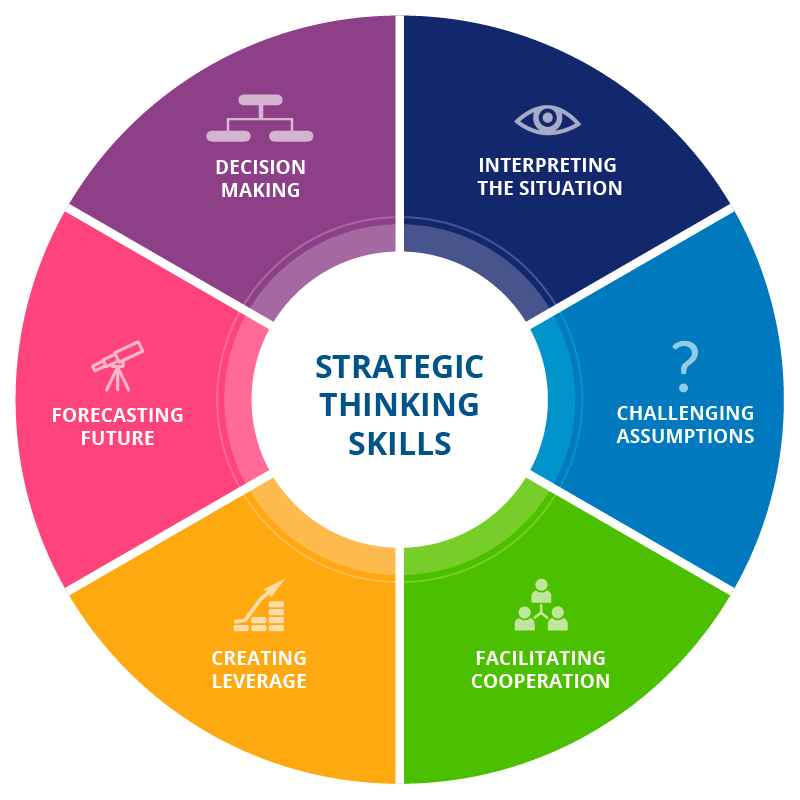Beyond the Data: Lessons from Case Study Seminar II
By Lucia Torrado
In a field that is constantly evolving, it’s easy to get caught up in the day-to-day details: data, models, reports, and deadlines. But every once in a while, we’re reminded that some of the most valuable lessons come from stepping back and looking at the bigger picture.
That reminder came clearly at the recent Case Study Seminar II, which I had the opportunity to attend for a second time. Beyond gaining insight into the geology of the basins discussed -from water-escape pipes in the Zama Field reservoir, to specialized core analysis applied to legacy datasets, and multi-attribute analysis in the Strawn Sands of the Hardeman Basin-, the strength of the seminar was not only the depth of the geology, but how each case study illustrated the way teams evaluated uncertainty, learned from outcomes, and connected technical understanding to long-term objectives.
Throughout the day, speakers shared real-world challenges and decisions that shaped outcomes, both good and bad. One of the common themes that speakers emphasized was the importance of strategic thinking alongside technical excellence. Strategic thinking is about stepping back to understand complex situations, recognizing opportunity, and making decisions that support long-term goals. It requires looking beyond the immediate challenge to envision what comes next and how to get there.
Rather than reacting, strategic thinking is about deliberately shaping the path forward and having a clear plan for achieving meaningful, sustainable success. It was a strong reminder that our work is shaped not only by what we know, but by how we connect knowledge to real-world challenges.

In the seminar, a few themes stood out:
● Curiosity and open-mindedness
Many of the best outcomes came from teams that were willing to question assumptions and explore new possibilities, even when the data didn’t immediately support them.
● Communication and collaboration
The seminar reinforced that strong science is only as good as the conversations around it. When teams communicate clearly and challenge each other respectfully, decisions improve.
● Resilience and adaptability
Exploration and project development rarely go exactly as planned. The most successful teams were those that could adjust, learn, and move forward without losing momentum.
● Strategic thinking
The best-case studies were not only technically strong, but also connected to broader objectives: risk management, long-term planning, and value creation.
These shared themes underscore the importance of forums like the Case Study Seminar II, where technical excellence, open dialogue, and strategic perspective come together. I would like to extend a special thank you to our sponsors and contributors: their support makes high-quality, technically rigorous events like this possible and helps keep our community connected. I also encourage past and current Case Study Seminar speakers, as well as members of the HGS, to contribute papers and share their insights in future Bulletin issues.
In this Issue of the Bulletin
● Case Study Seminar II Spotlight
The feature article provides an overview of the Case Study Seminar, summarizing the format, scope, and key reflections from the day, plus a fun word puzzle to keep things light.
● Seminar Abstracts: From Vintage Data to Frontier Basins
This issue features abstracts from the Case Study Seminar on unconventional plays, revisited prospects, and the re-evaluation of vintage data to unlock value, with highlights from Mauritania and Suriname, new perspectives on the Central Graben, and lessons from the Zama Field.
● Geo-Picks: Salt in the Earth Sciences
A special thank you to Dr. Raoul Sorkhabi (University of Utah), who once again contributes a thoughtful book review and continues to be a valued supporter of the bulletin. In this edition, he reviews two volumes of Salt in the Earth Sciences (Wiley/AGU), offering insights that will benefit readers across the geoscience community.
